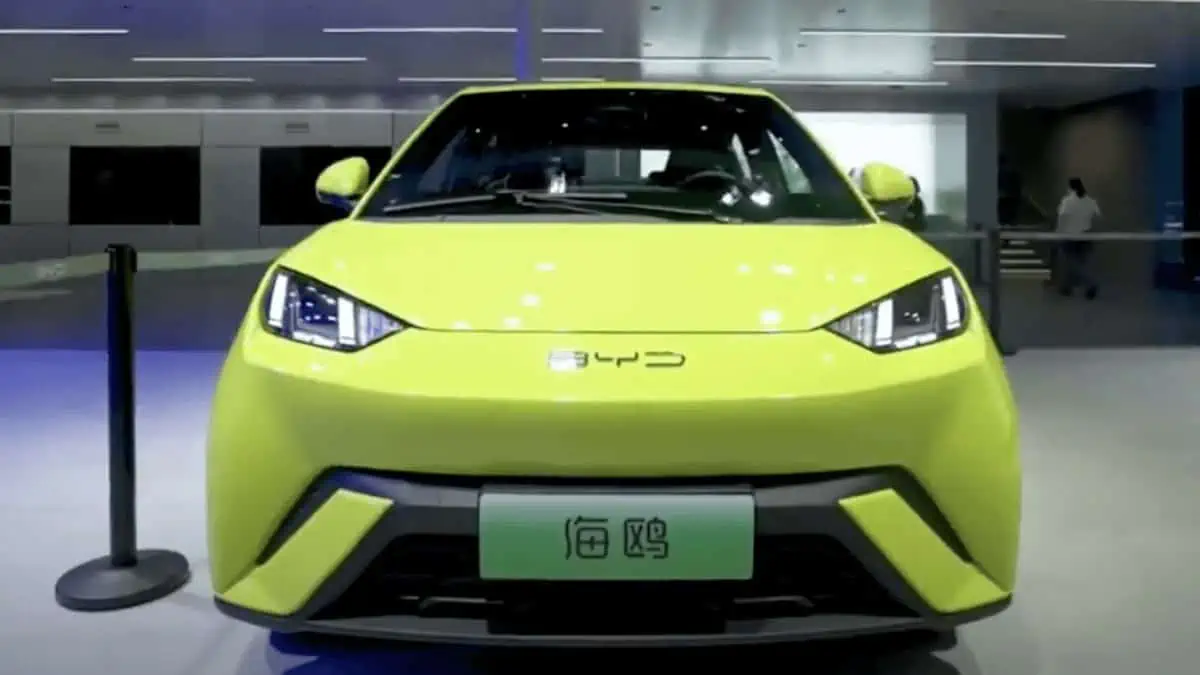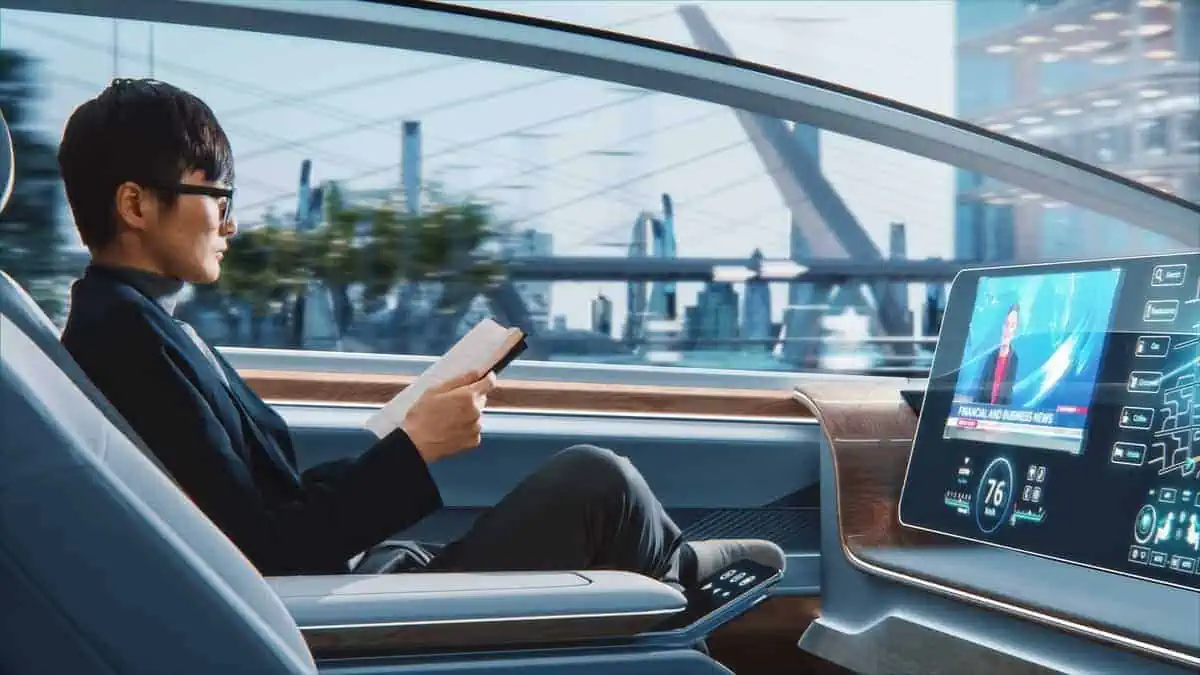Chinese major player BYD is on track to snatch Tesla’s crown as the top-selling global electric automaker this year. According to Bloomberg, this significant shift will likely transpire in the “current quarter.”
Tesla’s declining edge
BYD’s advancement to the top is highly possible to ensue in Q4 2023, considering that it only fell short of 3,000 units from Tesla’s electric vehicle sales in the third quarter of the year.
Industry analysts reportedly expect this quarter’s sales data to demonstrate BYD’s unstoppable growth and overthrow the Musk-led company, which will become available early next year.
Notably, China is currently the world’s largest automotive market. It accounted for 64% of production and 59% of sales in the global electric vehicle market last year, the World Economic Forum revealed. The country’s significant lead in this particular sector gives Chinese automakers like BYD a huge advantage, particularly when it comes to the supply chain.
How does BYD beat Tesla?
BYD’s production prowess and strategic shift to electric vehicles enable it to rapidly advance in the highly competitive market. It continuously explores and develops new vehicle technologies that meet the customers’ buying power.
In addition, the Chinese NEV giant benefitted from the country’s strong and reliable electric vehicle supply chain.
“The competitive landscape of the auto industry has changed. It’s no longer about the size and legacy of auto companies; it’s about the speed at which they can innovate and iterate. BYD began preparing long ago to be able to do this faster than anyone thought possible, and now the rest of the industry has to race to catch up.”
Bridget McCarthy, Shenzhen-based hedge fund Snow Bull Capital Operations Head
Affordability
BYD put a major focus on making its electric vehicle models more affordable, which attracted a wide range of drivers to join the shift to e-mobility. It also launched numerous models to expand customers’ options and meet their evolving preferences.
The BYD Seagull sells at a base price of 73,000 yuan (about $10,000), enabling it to become the fourth most popular EV in its home market, according to Autovista24. Moreover, the Dolphin, Han, Qin Plus, Song, and Yuan Plus are among the top 10 best-selling EVs in China.
In contrast, Tesla’s portfolio only included the Model S and 3 e-sedans and the Model X and Y e-SUVs with a premium price range of $40,000-$100,000. As per the automotive outlet, the Model Y was the only EV from Tesla that got into the rankings.
“What BYD have done is try to serve a broader market base with more affordable vehicles, in addition to some entry-level luxury vehicles. They take the approach of offering vehicles to where there are the largest number of customers as a strategy to grow volumes. We see through the results, that’s worked pretty well.”
Morningstar equity strategist Seth Goldstein (via Business Insider)
Supply chain
Apart from affordability, Chinese automakers also have a major edge over other foreign brands owing to the country’s strong control of the battery supply chain. In addition, the government also continuously works to establish strong and enormous electric vehicle charging networks.
Notably, batteries tend to contribute about 30%-50% of the EV’s overall cost. In that sense, China’s grip on the supply chain enabled local brands to benefit from affordable materials and consistent supply. Morgan Stanley‘s July research report indicated that “up to 90% of the EV battery supply chain relies on China.” Of that total, CATL and BYD reportedly dominate more than 50% of the market.
All that said, Tesla really needs to launch more affordable models to compete with Chinese rivals like BYD. Moreover, it must also work to establish a more solid supply chain. Such strategies may significantly aid its efforts to achieve its sales target of 20 million electric vehicles by 2030.






